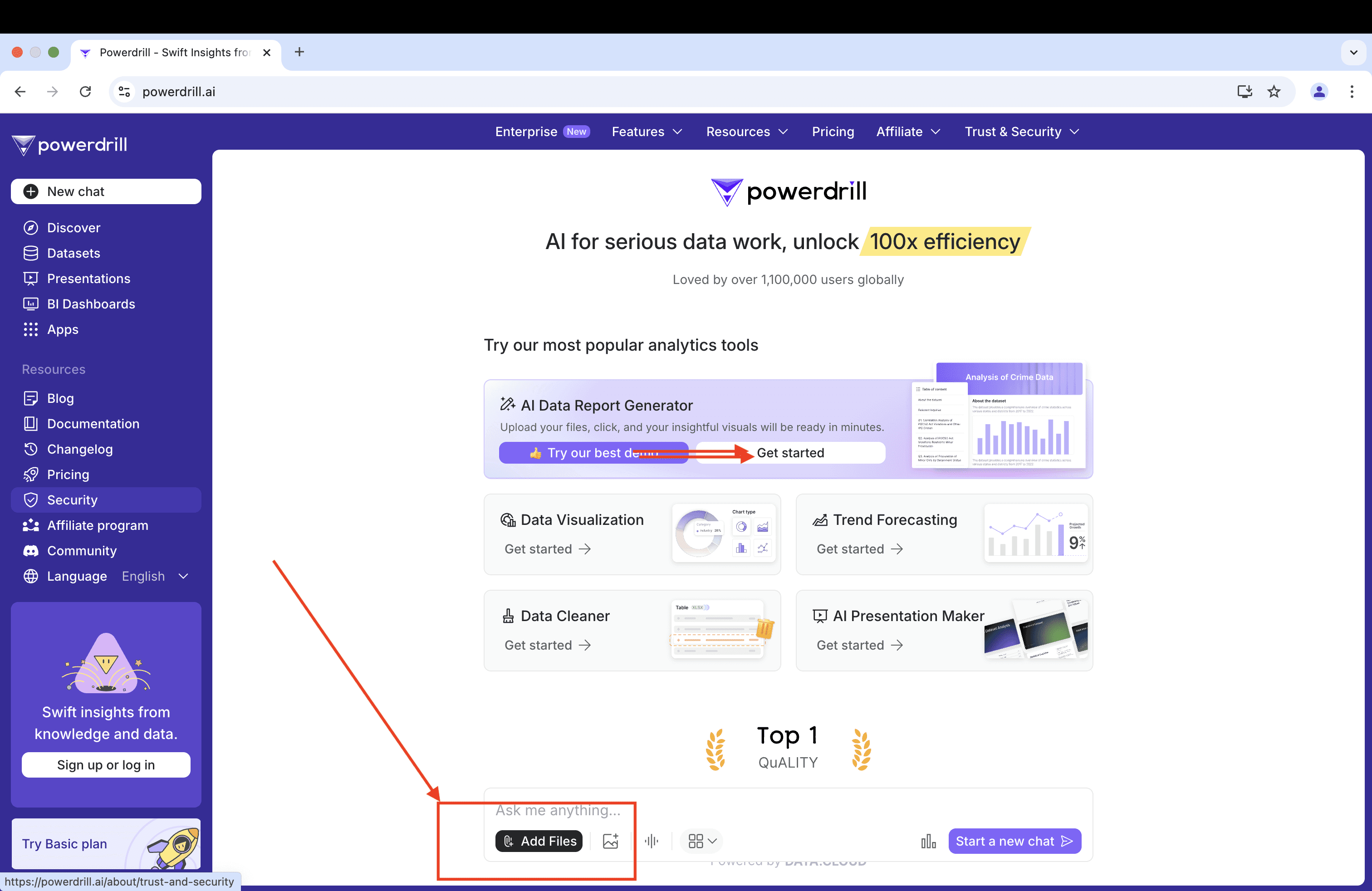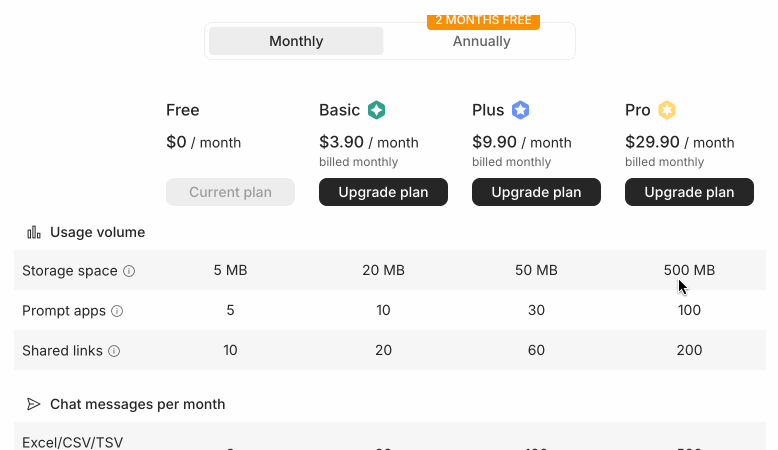
Introduction
With the explosion of information available to us, efficiently extracting key insights from vast amounts of text has become a major challenge for many. Artificial Intelligence (AI) summarizers have emerged as a solution, helping users save time and boost productivity. But what exactly is an AI summarizer? How do these tools work?
Understanding AI Summarizer
An AI summarizer is a tool powered by artificial intelligence, particularly Natural Language Processing (NLP), that condenses long passages of text into concise summaries while retaining essential details and key information. These tools analyze the structure, themes, and context of a text to extract the most relevant content, allowing users to quickly grasp the core message without having to read through the entire document.
The typical process that an AI summarizer follows includes several key steps:
Text Analysis: The AI tool first analyzes the input text, identifying important keywords, phrases, sentence structures, and key paragraphs.
Information Extraction: The tool then filters out redundant or unnecessary content and extracts the most representative and relevant information.
Summary Generation: Finally, the AI organizes the extracted content into a coherent and concise summary, helping users quickly understand the essence of the material.
AI summarizers are widely used across various fields, including academic research, legal document analysis, market reports, news summarization, and more. Not only do they save significant reading time, but they also enhance information processing and decision-making efficiency.
For example, researchers can use AI summarizers to quickly scan a large number of academic papers, extracting the most relevant findings. Business analysts can leverage these tools to rapidly digest market reports and keep their teams updated on industry trends. Even students can use these tools to quickly get the gist of assigned readings or academic articles.
As AI technology continues to evolve, more and more AI summarizers are able to handle more complex texts, providing increasingly accurate and in-depth summaries.
Below, we explore some of the top AI summarizer tools currently available, each with unique features suited to different needs.
1. Powerdrill AI

Powerdrill AI excels at providing high-quality summaries of various document types, from PDFs and web pages to spreadsheets. It enhances research efficiency by offering clear and insightful summaries, backed by well-cited sources. Additionally, its Discover Channel feature allows users to find research papers and datasets with pre-generated summaries, streamlining research efforts and enabling quicker access to valuable insights.
Benefits:
Summarize PDFs, documents, webpages, and spreadsheets with reliable, cited sources.
Provides concise, accurate, and context-rich summaries that enhance research efficiency.
Supports informed decision-making by improving data understanding.
Pros:
Handles multiple file formats, including PDFs, docs, and spreadsheets.
Offers cited references for deeper context and reliability.
Great for users in research, analysis, and data-driven tasks.
Cons:
Limited to users who need detailed, data-heavy summaries.
Pricing:

2. Summarygenerator.io

Summarygenerator.io offers an advanced web-based summarizer, designed to condense lengthy content into clear, digestible summaries. Whether you're working with essays, reports, blog posts, or research papers, this summarizer captures the core ideas efficiently.
It uses AI to generate context-aware summaries that retain the original meaning, making it useful for students, professionals, and casual readers alike.
The tool allows you to create a summary in paragraph or bullet list form.
Benefits:
Summarizes various types of content, including academic papers, blogs, and general articles.
Retains the context and meaning while shortening the text.
Pros:
User-friendly interface with no sign-up required.
Summarize as many articles as you want.
Ideal for quick overviews.
Cons:
The free version restricts users on number of words.
3.Resoomer

Resoomer is an excellent choice for students, academics, and professionals who need to summarize long academic articles or research papers. It’s tailored for content-heavy documents, though it doesn't offer citation support.
Benefits:
Designed specifically for summarizing academic and professional texts.
Works with a variety of content types, including essays, articles, and reports.
Pros:
Ideal for academic or research-related summaries.
Quick and efficient in processing long, dense content.
Cons:
Less effective for casual or non-academic text.
Lacks citation functionality.
Pricing:

4.TLDR This

TLDR This is perfect for quickly digesting articles or reports without having to read through everything. It offers quick, clear summaries but doesn't offer deep analysis or citation features.
Benefits:
Focuses on providing short and precise summaries.
Free to use with no sign-up required.
Pros:
Simple and direct summarization of content.
Ideal for quickly scanning articles or reports.
Cons:
Lacks advanced features like citation or in-depth analysis.
Not suitable for very long or complex documents.
5.ChatGPT (via OpenAI API)

With the power of GPT-4, ChatGPT provides a robust summarization service capable of understanding and condensing all types of content, including complex reports and academic papers. Its conversational style allows for an intuitive summarization experience.
Benefits:
Highly adaptable for various summarization tasks, from short snippets to long-form content.
Offers conversational summarization, which can make summaries more user-friendly.
Pros:
Excellent at summarizing both structured and unstructured content.
Can be integrated into custom applications or workflows.
Cons:
Can require technical knowledge to fully integrate.
May occasionally provide summaries that lack focus or clarity in highly technical content.
Pricing:

FAQ
What types of content can AI summarizers handle?
AI summarizers can handle research papers, articles, reports, web pages, PDFs, and even some multimedia content.
How accurate are AI summaries?
Accuracy varies by text complexity, but AI summaries are generally reliable for simpler content. More complex texts may need additional refinement.
Can AI summarizers include citations or references in the summaries?
Yes, some AI summarizers, like Powerdrill, provide summaries with citations and references, useful for research and academic work.
Are AI summarizers free to use?
Many AI summarizers offer free versions with limitations, but advanced features usually require a paid version.
How do AI summarizers improve my productivity?
AI summarizers save time by condensing long texts into key insights, helping you process more information faster.
Final Words
AI summarizers are transforming how we process and understand large amounts of information. From research papers to multimedia content, these tools offer a more efficient way to get to the heart of the matter. Whether you need a straightforward summary or one rich with citations and context, tools like Powerdrill, QuillBot, and ChatGPT provide excellent solutions for all kinds of summarization needs.AI summarizers free to use?
Many AI summarizers offer free versions with limitations, but advanced features usually require a paid version.
How do AI summarizers improve my productivity?
AI summarizers save time by condensing long texts into key insights, helping you process more information faster.
Final Words
AI summarizers are transforming how we process and understand large amounts of information. From research papers to multimedia content, these tools offer a more efficient way to get to the heart of the matter. Whether you need a straightforward summary or one rich with citations and context, tools like Powerdrill, QuillBot, and ChatGPT provide excellent solutions for all kinds of summarization needs.




